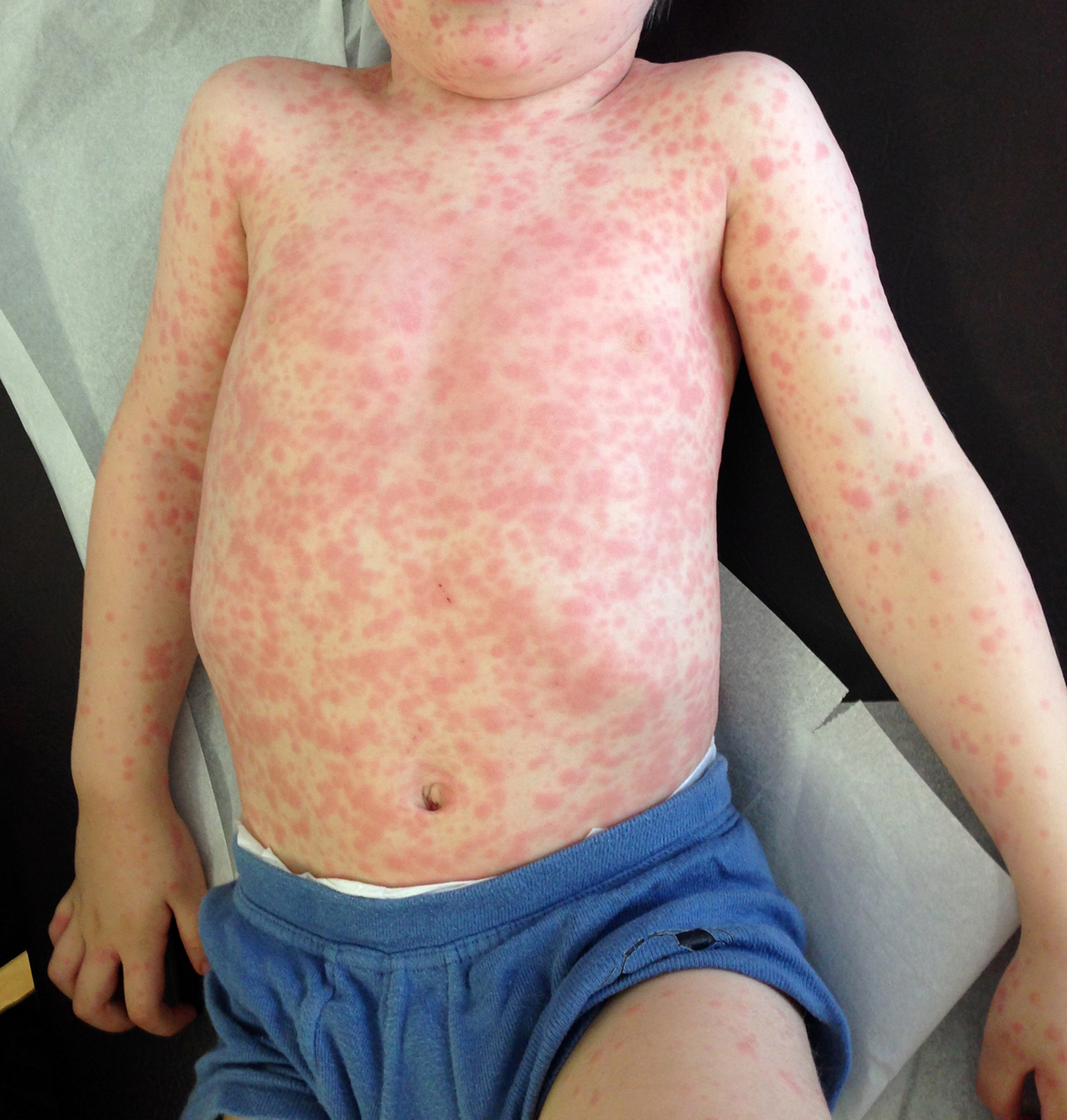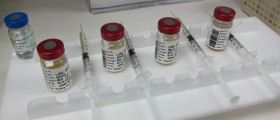
Each and every medication has its side effects. These can all be classified into adverse reactions not associated with intake of the drug (i.e. symptoms of the very disease like nausea and rash), adverse reactions that are common and predictable, usually associated with taking too much of the prescribed drug or interaction with other medications a person is taking and finally, uncommon and unpredictable adverse reactions most of which are allergic in origin.
There are different manifestations of drug allergy. The mildest form is skin rash while the most severe one is anaphylactic shock.
Medications Capable of Causing Drug Allergy
Many times people develop an allergic reaction to antibiotics, predominantly penicillin antibiotics. There is also chance for one to become allergic to sulphonamides, tetracyclines and chloramphenicol as well as cephalosporins.
Furthermore, heart medications like ACE inhibitors, amiodarone and methyldopa are also associated with allergic reactions. Allergy may also occur when anesthetics drugs, morphine derivates, Aspirin-like drugs and chemotherapeutics are administered. It is possible to become allergic to antiseptics, vaccines, preservatives and colorings in medications. Finally, there are many antiepileptic drugs people suffering from epilepsy may develop allergic reaction to.
Drug Allergies - Clinical Manifestations
In the majority of allergic individuals drug allergies develop in a form of a measles-like itchy rash or urticaria. Angioedema is more severe form of drug allergy characterized by swelling of the tissues beneath the skin.
The most severe reactions associated with intake of certain medications are fever accompanied by generalized skin blistering and peeling medically known as toxic epidermal necrolysis and Steven-Johnson syndrome.
Another potentially lethal allergic reaction to drugs is anaphylactic shock.
Apart from acute allergic reaction, it is also possible to experience delayed reaction after exposure to the harmful drug such as generalized dermatitis and damage to vital organs (e.g. the kidneys, liver and hematopoietic cells).
All skin manifestations of drug allergy can be easily recognized and explained once the patient provides with information regarding the drugs he/she is currently taking.
Treatment for Drug Allergy
Once an allergic reaction occurs, the drug is immediately discontinued. Such patients must be administered antihistamine drug (weather orally or intravenously). In case of anaphylactic reaction, patients additionally receive intravenous fluids along with epinephrine and corticosteroids. Mild forms of skin rash due to an allergic reaction to some drugs, however, do not require any treatment at all.
In order to prevent further allergic reactions, the allergy just be confirmed and the drug capable of initiating symptoms and signs of allergy must never be administered again.

















Your thoughts on this
Loading...